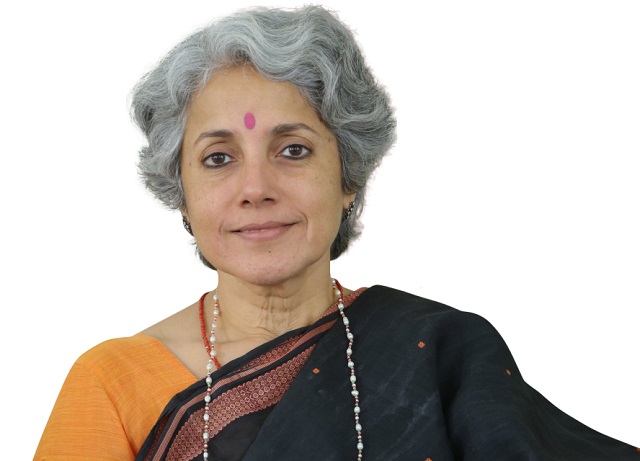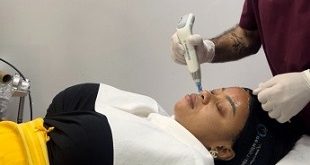
This interview from the World Health Organisation (WHO) conversations in science programme explains more about variants of the SARS-CoV-2 virus that causes COVID-19, how concerned we should be, and whether vaccines provide protection against these variants. Vismita Gupta-Smith interviewed WHO’s Chief Scientist, Dr. Soumya Swaminathan.
Soumya, tell us what we know about these variants. How concerned should we be? And is it unusual for viruses to change?
From the beginning of the year, we’ve been tracking this virus and we know that it’s gone through a lot of changes and there’ve been variants before. Now this particular time there have been two particular variants that have been reported to WHO. One was identified in the UK and one was identified in South Africa. They do have one change in common, we call it the N501Y mutation. But otherwise the two are different. And the reason there’s concern is that both of these variants were associated with an increase in the number of cases in both of these countries.
And scientists have now studied this and have found that these variants do tend to spread faster, they’re more transmissible or more infectious. So that’s the worrying part. However, so far, they do not seem to cause more severe illness or a higher death rate or any sort of different clinical manifestations.
They seem to behave pretty much as the previous viruses were behaving and cause a pretty similar kind of disease.
Soumya, a number of countries are rolling out vaccines as we speak. Do these vaccines protect from these variants? And is this something that is kept in mind when vaccines are being manufactured?
Yes, this is a very important point that vaccine developers keep in mind. And as you know, we have some vaccines, like measles, which you don’t need to change at all. You make the vaccine, it works pretty much all the time. But you also have vaccines like against the influenza virus, where you have to change the structure of the vaccine every year, based on the circulating strains and WHO coordinates this global network that actually identifies which strain should be used every year.
Now for SARS-CoV-2 we’re still learning, we’re still observing and our knowledge is evolving. But at this point in time, most scientists believe that the vaccines that are currently in development and a couple that have been approved should provide protection against this variant and other variants because these vaccines elicit a fairly broad immune response, a host of antibodies and cell-mediated immune responses.
And so a couple of changes or mutations in the virus should not make these vaccines ineffective. But right now there are studies going on in labs around the world to actually confirm that. And in the small possibility that perhaps these are less effective against one or both of these variants, nowadays the way vaccines are developed, it will be possible actually to also change the composition of the antigens and the vaccines quite quickly.
Soumya, in this pandemic the world is in this situation where new evidence comes in almost every day and we’re learning new things. But at the same time, we have to act in real time to protect ourselves. So tell us how in this new scenario with the new variants, how can people protect themselves and what should governments be doing?
So what we know about this variant and previous variants is that the virus is still behaving in the same way, it’s spreading in the same way. And the more we give it a chance to spread and to multiply within humans, the more chances it’s going to have to keep changing itself, that’s its natural property.
So we really need to go and focus now and attack it and make sure that we’re doing everything we can do to reduce transmission. And we know the things that work. We know that testing, that identifying those who are infectious, that being able to provide them supportive isolation, tracking and contact tracing, and quarantining all the contacts, making sure that people continue to comply with the physical distancing, with wearing a mask with avoiding crowded places, avoiding closed settings, where there are a lot of people, washing hands, respiratory etiquette, staying home if you’re sick. All of these things together definitely make a difference in bringing down transmission.
That’s been shown again and again in country after country. So I think at this time we need to double down because we know the same public health and social measures will work against these variants, as have worked in the past.
And right now we’re at a very critical stage in many parts of the world, where we really need to be focusing on bringing down the transmission and that in turn will help in reducing how much this virus can actually change.
****
 The Independent Uganda: You get the Truth we Pay the Price
The Independent Uganda: You get the Truth we Pay the Price



